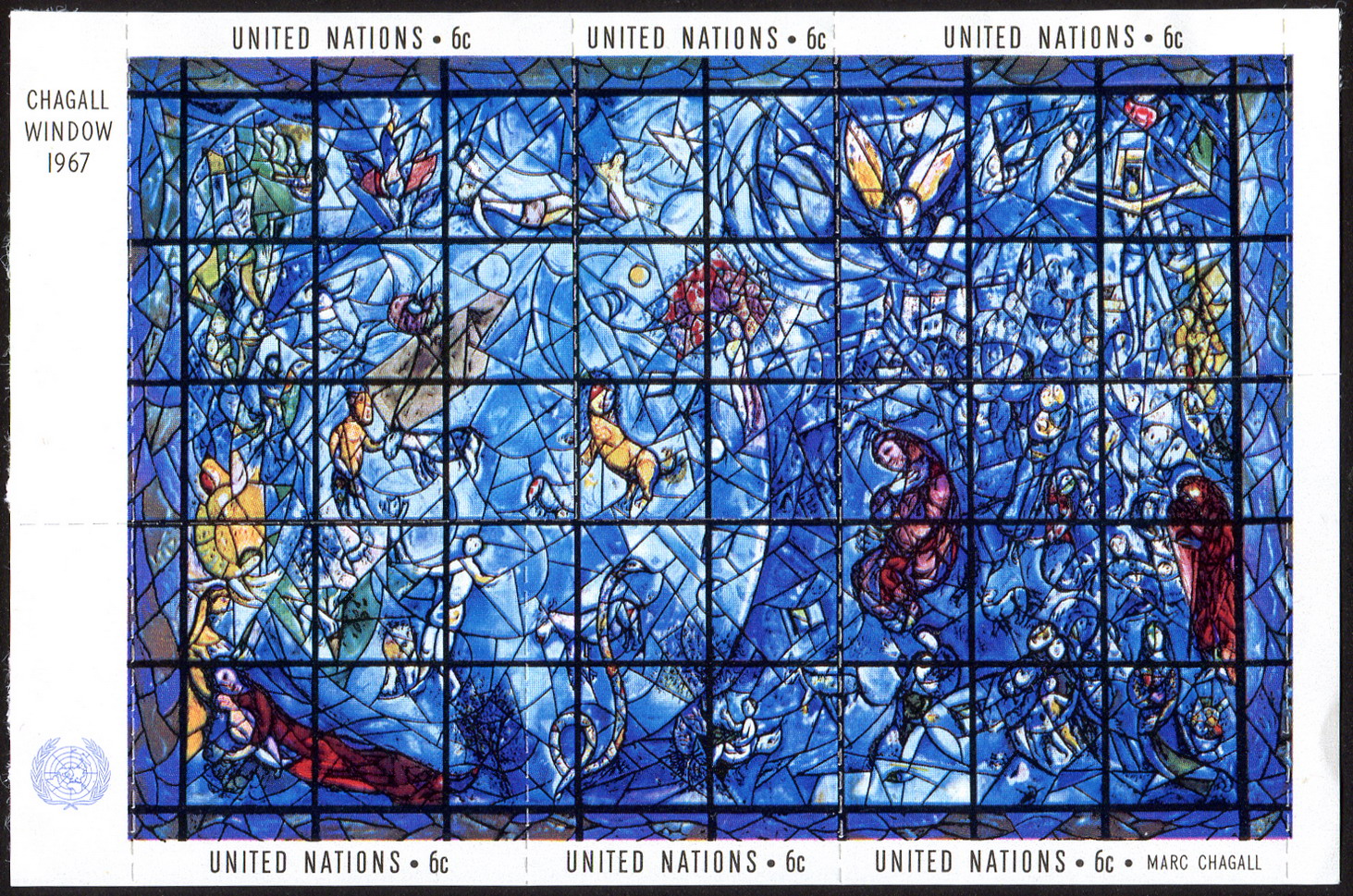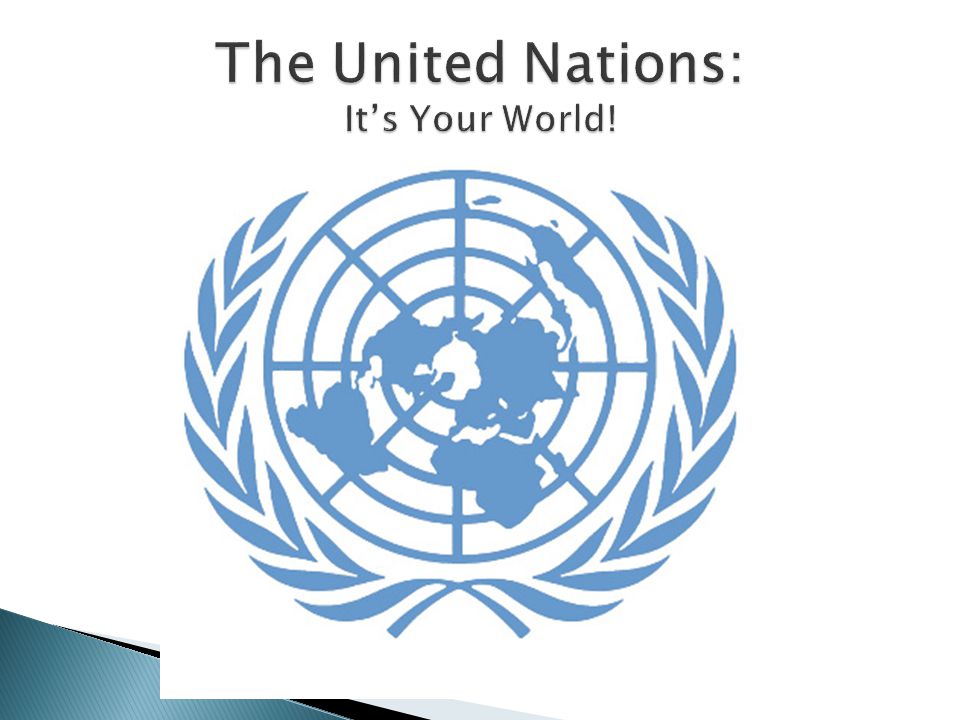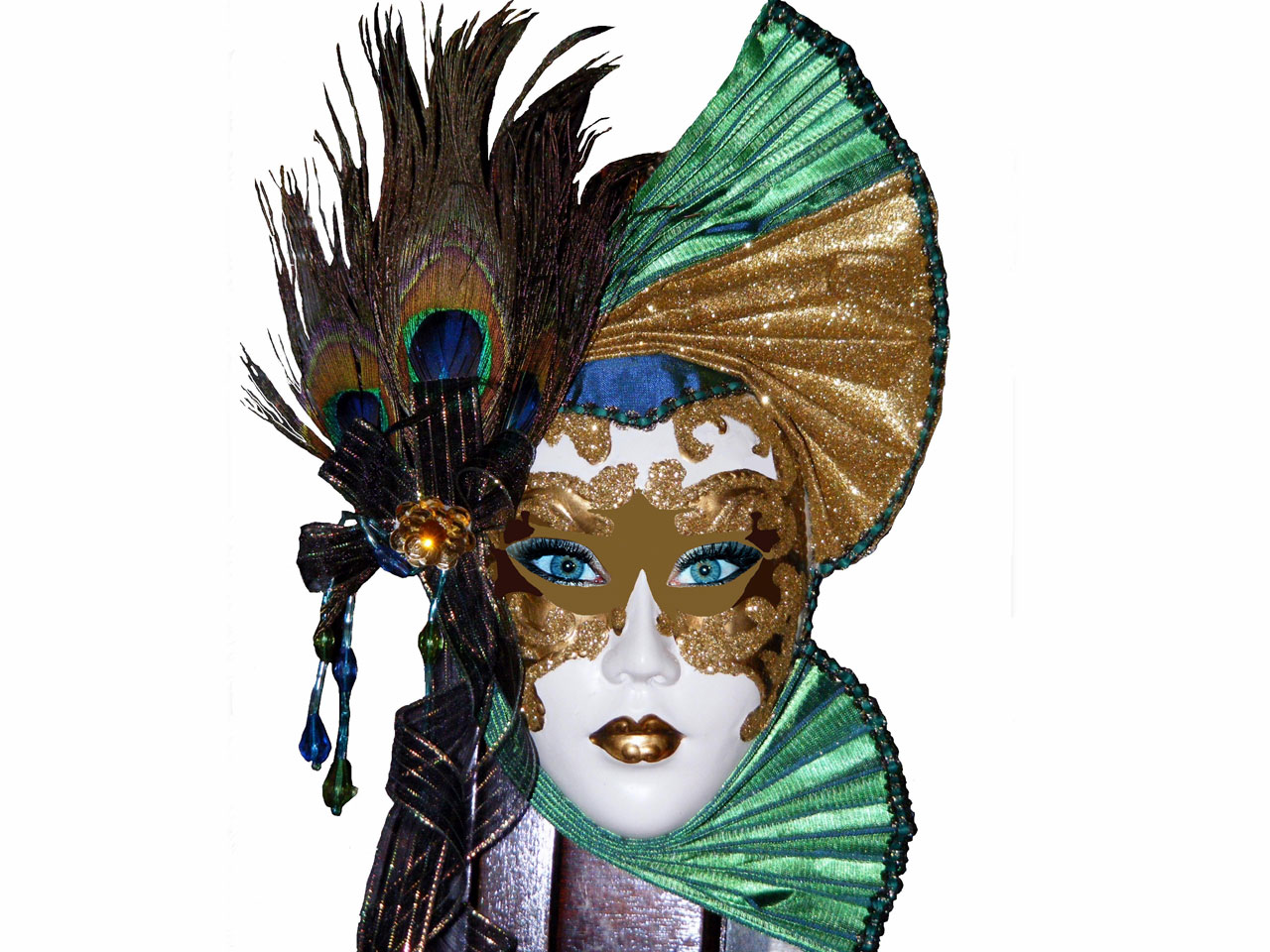
Being surrounded by various languages at the UN and then being forced to speak Portuguese, I had to think about what to do with my language knowledge and stop hiding.
United Nations, “It’s your world” or not
Joe, a freelance journalist, invited me to a press conference at the United Nations (UN) to listen to James Traub of the New York Times Magazine discuss his book about the former United National Secretary General, Kofi Annan.
I sat in the delegates’ area and noticed that there were few female diplomats. I chatted with two men, one of them looked like the Argentina football/soccer legend Diego Maradona. The delegates told me about their mission to get the UN to add spirulina (green food) to its humanitarian relief packages. Two Iranian diplomats walked by speaking Farsi and I wondered if they were the negotiators with whom the US and European Union were holding talks about Iran’s nuclear policy. A former African Head of State walked by in his headdress and traditional outfit with an entourage of African women in their native dress. Several Slavic diplomats were sitting next to a group of French speaking delegates.
I was reveling in the multilingual buzz. People who were making history were walking all around me and I could understand and speak to some of them in their languages!
The relaxing atmosphere of the UN Delegates area seemed more like a 1980s bar or lounge (when smoking was allowed indoors) than a place where major discussions about nuclear disarmament, the end to genocide and climate change occurred. I wondered when these UN delegates actually worked. It was 3pm and these handsome male diplomats seemed to just be chatting over cigarettes and alcoholic drinks. (US anti-smoking policies had no jurisdiction on this international territory.)
Unfortunately, the casual lounge environment was so relaxed that I didn’t pay attention to what I was saying and potentially offended two countries and a cultural group in about two minutes. (I will not repeat what I said!) Realizing how inappropriate I was conducting myself at the UN, I switched to Italian since I knew Joe spoke the language. Joe smiled and told me that Italian wasn’t going to save me because there were many Italian diplomats nearby.
For the first time in my life, I felt like I was in a place where I could not hide behind language. Of the six official UN languages, I spoke four (Russian, English, French and Spanish). Someone was bound to understand what I was saying no matter what language I spoke.

The United Nations’ slogan was “It’s your world.” and for someone like me, the UN, on paper, seemed like the perfect place to work. I had dreamed of working at the UN since I was in middle school. In college, I was active in the Model United Nations chapter and went to various conferences in different states where each university pretended to be specific countries discussing various world conflicts.
I left the UN by the East River and walked to Midtown Manhattan through the busy rush hour traffic and wondered what it would be like to work at the UN. I knew that I did not want to compromise my professional integrity and be a spokesperson for US foreign policy when I often didn’t agree with the Washington administration. I most certainly didn’t want to be a lowly functionary pushing papers in some horribly lit cubicle surrounded by decaying brown walls. (I visited some offices at the UN and the interiors looked terrible.) The United Nations was known for being efficient in being inefficient and I knew it would frustrate me to deal with multiple layers of bureaucracy, political infighting and the slow pace of the UN, all in multilingual technicolor. Once reality set in, I realized that my childhood dream to work at the UN would probably make me miserable. Alas, the United Nations was not my world. But I still didn’t know what to do with my language knowledge.
Portuguese by force
A month later, my Brazilian roommate’s friend Sylvia visited from Brazil. I had to speak Portuguese. We had a Christmas Eve dinner with my Brazilian and French roommates, their French and Moroccan friends and Sylvia. Though I had studied some Portuguese over the years, I had few opportunities to speak it and I was rusty. I had learned most of my Portuguese via KSQQ Portuguese radio based in San Jose, California. At the dinner, I could not pretend that I didn’t know how to speak Portuguese since I was the only other person besides my roommate who could communicate with Sylvia. When I heard sophisticated and beautiful Portuguese phrases come out of my mouth in a mostly European Portuguese accent, both my Brazilian roommate and I were surprised.
Saudade
The unique Portuguese word, saudade, means feeling the absence of something. Portuguese fados (traditional songs from Portugal) often speak of one’s yearning for something or someone in their past.
Instead of longing for a past love, I felt saudade for being myself and speaking different languages. When speaking Portuguese, I reconnected with the sensual and soft sounds of the language that made me feel calm and almost childlike.
The fun short and long nasal sounds of Brazilian Portuguese combined with the melodic sentences raised to a higher pitch for emphasis made me feel like I was almost joking when I spoke.
While in New York, I realized that I had been hiding my language skills because I did not know what to do with them. New York was a wonderful place for a polyglot because there were so many ethnic neighborhoods and people from all over the world. I could explore not just the various neighborhoods and cultural groups, but also learn more about how I felt in different languages.
Sometimes, people thought that I was showing off when speaking in different tongues, so I decided to conceal my true self and mostly limit myself to English. It took me sometime to understand that this forced “closeted” multilingualism was more about not making other people feel inferior (because they couldn’t communicate in other languages) than it was about not looking like I was showing off. It’s one thing to be modest, it is another to conceal who one really is.

Once I stopped hiding my languages behind a mask, I came to embrace the beauties of speaking in various languages. If other people felt like I was “showing off” that was their inferiority complex and not my problem.
Eventually, I learned about the link between languages and music, when reading Dr. Oliver Sacks’ book, Musicophilia that led me to write Language is Music, about how to learn foreign languages using music and the media in 2009. Language is Music was later translated into Spanish, Russian and Portuguese. In 2014, I came full circle from discovering my ability to speak Portuguese by force to publishing the Portuguese edition of my book, Idioma é música.
The moral of the story:
- Don’t hide your language abilities!
- Sometimes people do “show off” by speaking other languages. But if you’re speaking other languages to communicate and not because you’re a snob, don’t let the inferiority complexes of other people stop you from being multilingual.
- Being yourself may lead you to create and publish materials that may help others!












